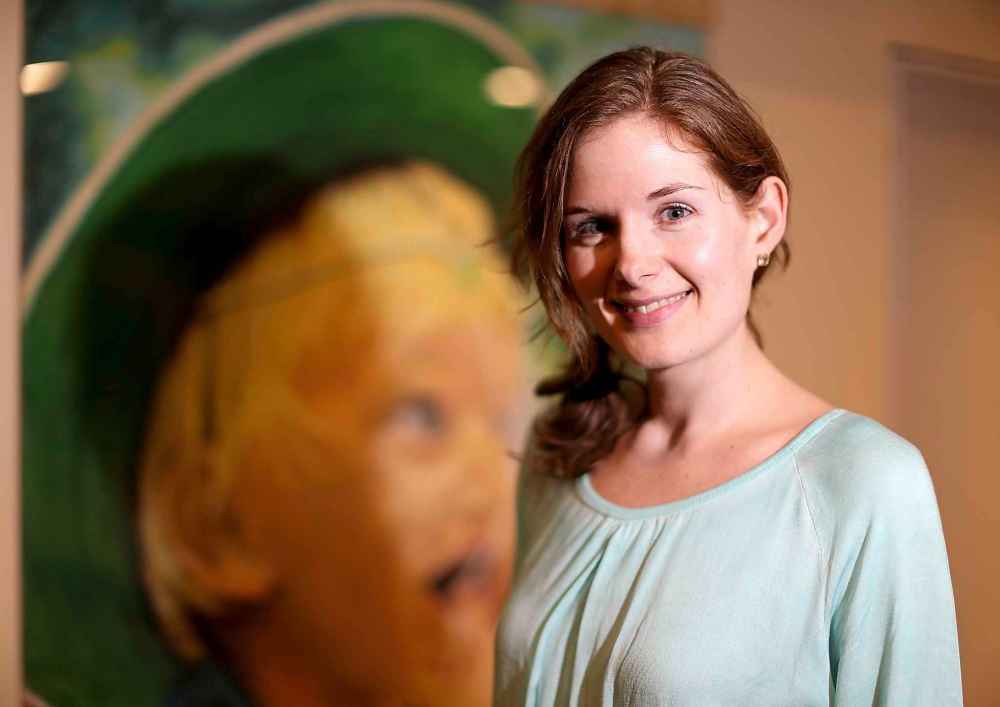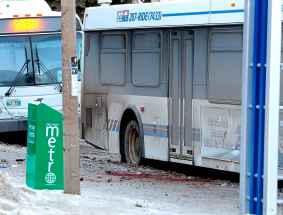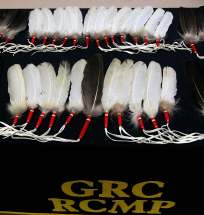City mental-health facility refuses rural families
Read this article for free:
or
Already have an account? Log in here »
To continue reading, please subscribe:
Monthly Digital Subscription
$0 for the first 4 weeks*
- Enjoy unlimited reading on winnipegfreepress.com
- Read the E-Edition, our digital replica newspaper
- Access News Break, our award-winning app
- Play interactive puzzles
*No charge for 4 weeks then price increases to the regular rate of $19.00 plus GST every four weeks. Offer available to new and qualified returning subscribers only. Cancel any time.
Monthly Digital Subscription
$4.75/week*
- Enjoy unlimited reading on winnipegfreepress.com
- Read the E-Edition, our digital replica newspaper
- Access News Break, our award-winning app
- Play interactive puzzles
*Billed as $19 plus GST every four weeks. Cancel any time.
To continue reading, please subscribe:
Add Free Press access to your Brandon Sun subscription for only an additional
$1 for the first 4 weeks*
*Your next subscription payment will increase by $1.00 and you will be charged $16.99 plus GST for four weeks. After four weeks, your payment will increase to $23.99 plus GST every four weeks.
Read unlimited articles for free today:
or
Already have an account? Log in here »
Hey there, time traveller!
This article was published 31/01/2019 (2503 days ago), so information in it may no longer be current.
Rural Manitoba families struggling to access support services in their communities are being turned away from a Winnipeg-based mental health treatment facility.
Angela Taylor, who founded the non-profit Inspire Community Outreach about five-and-a-half years ago, helps families who have children with complex needs. She said that in the past six months, the demand for her services has skyrocketed.
Within three days in January, Taylor said she heard from 21 families who were told by the Manitoba Adolescent Treatment Centre (MATC) in Winnipeg they were ineligible for services because they lived outside city limits. Many of them lived within 30 to 40 minutes of the perimeter, in communities like Oakbank, Dugald and Niverville.

“Most of the families that we’re supporting live just a few moments outside of the city and they are told – not in writing – but over the phone and by voicemail that they are not eligible for services at MATC, which is an excellent, excellent organization with lots of great supports,” Taylor said.
“The only reason they give is, ‘You live outside the city limits and therefore you’re not eligible.’ And yet they are provincially mandated and funded. So who then is supporting (families)?” she said.
“It’s adding another barrier for families to have to advocate and hunt down service and be turned away repeatedly, which only escalates the stress and puts children more at risk.”
Marg Synyshyn, chief executive officer of MATC and director of child and adolescent mental health for the Winnipeg Regional Health Authority, said that some, but not all, of their services in Winnipeg are available to all Manitobans.
The MATC’s attention deficit disorder clinic and some of its neurodevelopmental programs aren’t available to non-Winnipeggers, though MATC will try to consult with service providers in other regions to help families as much as they can.
Intensive programs, like the MATC hospital on Tecumseh Street, accommodate anyone who needs help and more than 60 per cent of patients are from outside Winnipeg right now, Synyshyn said. But for specialty programs, in-take officers usually try to redirect rural families to services closer to their homes, which may be affiliated with school divisions or other regional health authorities.
“It’s not unusual for us to sort of ask people to go back to their area, their region to sort of exhaust the resources within their region to begin with. And again, it depends what the service requirement is,” Synyshyn said in an interview.
‘Most of the families that we’re supporting live just a few moments outside of the city and they are told– not in writing – but over the phone and by voicemail that they are not eligible for services at MATC’
– Angela Taylor
Not every Manitoba region has the same baseline services, she noted, which is a problem the province is working to fix as it adopts recommendations from last year Virgo’s report on mental health and addictions.
A mother from the RM of Ritchot – who spoke under condition of anonymity, citing privacy concerns – told the Free Press about her struggle navigating the health-care system with her son, which included getting turned down by MATC.
When he was diagnosed with autism at age four, she called MATC looking for help, since the waitlist at St. Amant Centre was one year long. He wouldn’t be eligible for service by the time he turned five years old.
“He was self-harming. He’d bang his head on the ground. Every time I tried to transition him from one thing – even being in the house to being in the car – it was a major meltdown,” she explained.
MATC redirected her to call Children’s Disability Services in her region, which could only provide autism support for children under age five, she said. Once her son aged out, they would be scouring for help again.

“I was devastated. I was ready to pack up and move to the city,” the mom said.
She wound up enrolling her son in a private school where staff are extra attentive. He’s in kindergarten now and doing “okay” despite having trouble focusing, she said.
Liberal leader Dougald Lamont said “it’s incredible” Manitoban families are being turned away from a Manitoba facility.
“It’s absolutely unbelievable to me. The M (in MATC) is for Manitoba, right? They have an obligation as part of their mandate to treat people from all over,” he said.
“And there is nothing else for a lot of people. Sometimes there’s (services) in schools, but basically the farther away from Winnipeg, the worse it gets.”
The Free Press asked Health Minister Cameron Friesen to weigh in. He was in Toronto on Thursday, touring the Centre for Addiction and Mental Health, and sent a statement by email.
“While there are a number of mental health services available for Manitobans living outside of Winnipeg, the Virgo report acknowledges there are built-in inequities in the mental health system relating to access based on where you live. It is unacceptable,” Friesen said.
“We are working to address this long-standing problem through improved clinical planning and as part of our response to Dr. Rush’s recommendations on how to improve mental health and addictions services, programs and treatment for Manitobans. In the meantime, my office will also review this issue with relevant officials.”
jessica.botelho@freepress.mb.ca
Twitter: @_jessbu
History
Updated on Thursday, January 31, 2019 7:10 PM CST: Adds quotes.








